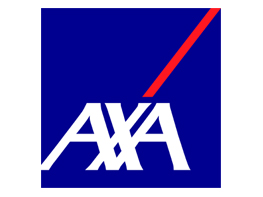Harvard’s Admissions Scandal: Is Insurance on the Hook for This Ivy League’s Alleged Applicant Discrimination?

In 2014, Students for Fair Admissions (SFFA) filed a suit against Harvard College’s admissions, alleging the private university had discriminated against Asian applicants. Admission files from 2014-2019 were reviewed. Harvard admissions officers were interviewed. Information showed Asian American students were ranked lower than any other groups on traits like positive personality, likability, courage, kindness and respect.
These same applicants, the review proved, had average higher test scores, grades and extracurricular activities than any other applicant group.
In 2019, the lower courts found that “Harvard College’s admissions policies do not unduly discriminate against Asian Americans.” The SFFA filed an appeal, which ultimately ruled in favor of Harvard in late 2020.
The SFFA petitioned the Supreme Court to review, which is slated for the 2022-23 term.
During the legal back and forth, Harvard spent more than $25 million on defense, attorney fees and the like. According to the college, this exhausted the limits of its primary Educational Institution Risk Protector insurance policy it held through insurer National Union Fire Insurance.
Harvard held a secondary insurance policy through Zurich American Insurance Co. As the costs amounted, it turned to Zurich for coverage.
However, Zurich refused to pay. According to the insurer, Harvard had not given Zurich the appropriate amount of notice as defined in the policy.
Harvard decided to follow suit. In its case filing, Harvard argued that due to the very public nature of the underlying discrimination suit, the insurer “surely knew about” the high-profile case well before Harvard turned to Zurich.
Because of this, the college believes Zurich, as its secondary insurer, is responsible for the next $15 million in costs and expenses incurred under its excess policy.
Zurich filed a pre-trial motion for judgment. In its filing, the insurer said its excess policy would cover only claims both “made and reported” between November 2014 and January 2016 — the timeframe when the SFFA underlying suit was first reported.
Since no claims were made and reported to Zurich until March 2017, it argued, the insurer would not be on the hook for incurred litigation fee.
Scorecard: The court will have to decide whether Zurich will cover costs related to Harvard’s underlying discrimination suit.
Takeaway: Regardless of the level of publicity, lawsuits filed against a business or institution should be reported to the appropriate parties as soon as possible. Having everyone on the same page is better than floating in the murky waters of late reporting uncertainty. &










